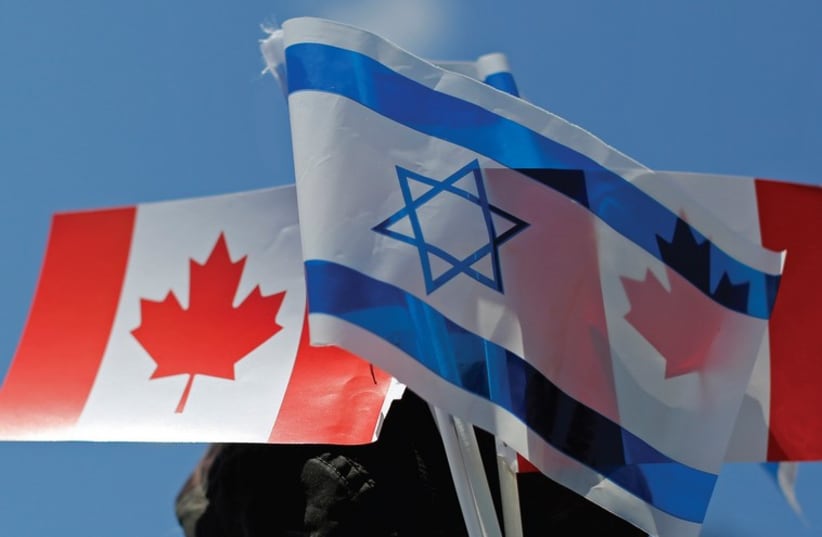See the latest opinion pieces on our page
At the accident scene, he relates, he immediately went to tiny, unconscious Adele, saw that she wasn’t breathing, and went on to save her life. He remained in close contact with the Bitons over the next two years, and speaks movingly of the effect Adele still has on him.On television, Kabha also mentions his arrival at the Fogel residence in March 2011, the scene of the family’s brutal murder, including a three-month old baby. He says that he constantly thinks of the Fogels and Adele when he looks at his infant daughter, unable to understand how anyone can target and murder one so tiny and defenseless.It is a sentiment that resonates with the Israeli public, which seeks only to live in harmony, not only within its borders, but with its neighbors on all sides and countries around the world.There are many stories like these, of minority citizens in Israel, that are not well known outside the country, but should be.They are examples of individuals who have been able to transcend their particular backgrounds, beliefs, peer and community pressures for the greater good of their country and fellow man, helping to create a society which is so much greater than the sum of its parts.Zidan Saif is the 30-year-old Druse police officer who rushed to the scene of the November 2014 Har Nof synagogue massacre.He was shot in the head and later died of his wounds. Like Muawia Kabha he was the father of a baby daughter and put his life at risk in the line of duty.George Deek, Israel’s vice ambassador to Norway, is another such story, as his Christian Arab family fled Jaffa in 1948 only to return some years later and continue a legacy of successful integration, prosperity and national pride and service.Mohammad Zoabi is the teenage cousin of controversial MK Haneen Zoabi. He is a proud Muslim Arab Zionist who was sadly forced to go underground last summer after death threats by members of his own community. He has since returned to his country and works tirelessly to promote interfaith tolerance.Annet Haskia is running for the Knesset with Naftali Bennett’s Bayit Yehudi party.She, too, is a proud Arab Zionist that risks her life in trying to bring Arab and Jewish communities together.What accounts for the incredible bravery of these Israeli citizens, who constantly face death threats and hostility from all manner of extremists every day? I believe it is the common core values that they recognize and share with their country and countrymen.Like Canada, where multiculturalism is an important part of national identity, Israel is a mosaic of diversity. Multiculturalism only works when each component of the mosaic not only exists side by side with its neighbor, but has respect for the other’s rights and freedoms: freedoms of speech, religion and sexual orientation.News of terrorist attacks in Israel is reported with lightening speed all over the world.What is often neglected are the feats of heroism of individual citizens, not only in times of crisis, but in day-to-day life.The selfless leadership of these remarkable Arab Israelis may often go unreported, yet is a vital and integral part of the Jewish state, where minorities serve with distinction in every facet of society, from the Supreme Court to the IDF to the Israel Police, as hospital staff at all levels and in many other roles.As Israel’s secret weapon, they are leading their communities into the future as role models in helping to build a democratic society of tolerance, freedom and equality unparalleled in the Middle East, and indeed the world over.The author is a freelance writer in Toronto and a lay leader in Israel education and advocacy in Canada.
A view from Canada on Israel’s secret weapon
News stories about the region often provide a superficial view, particularly from those who know very little about the pressures its citizens must deal with every day.
